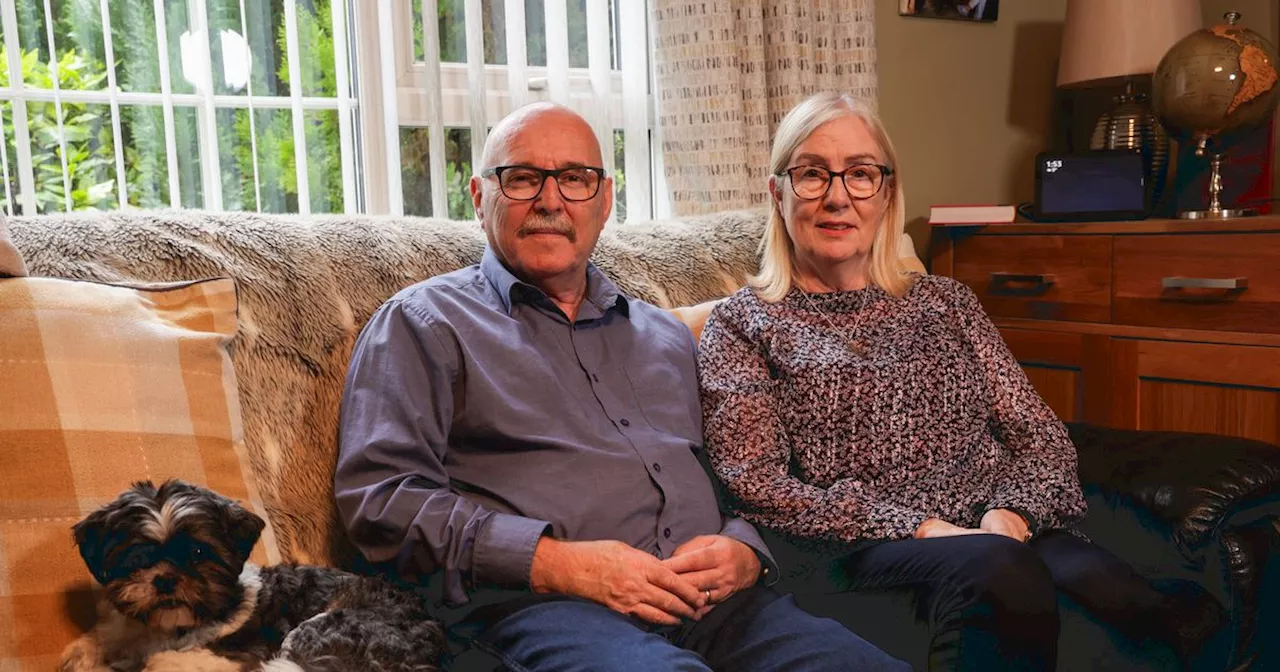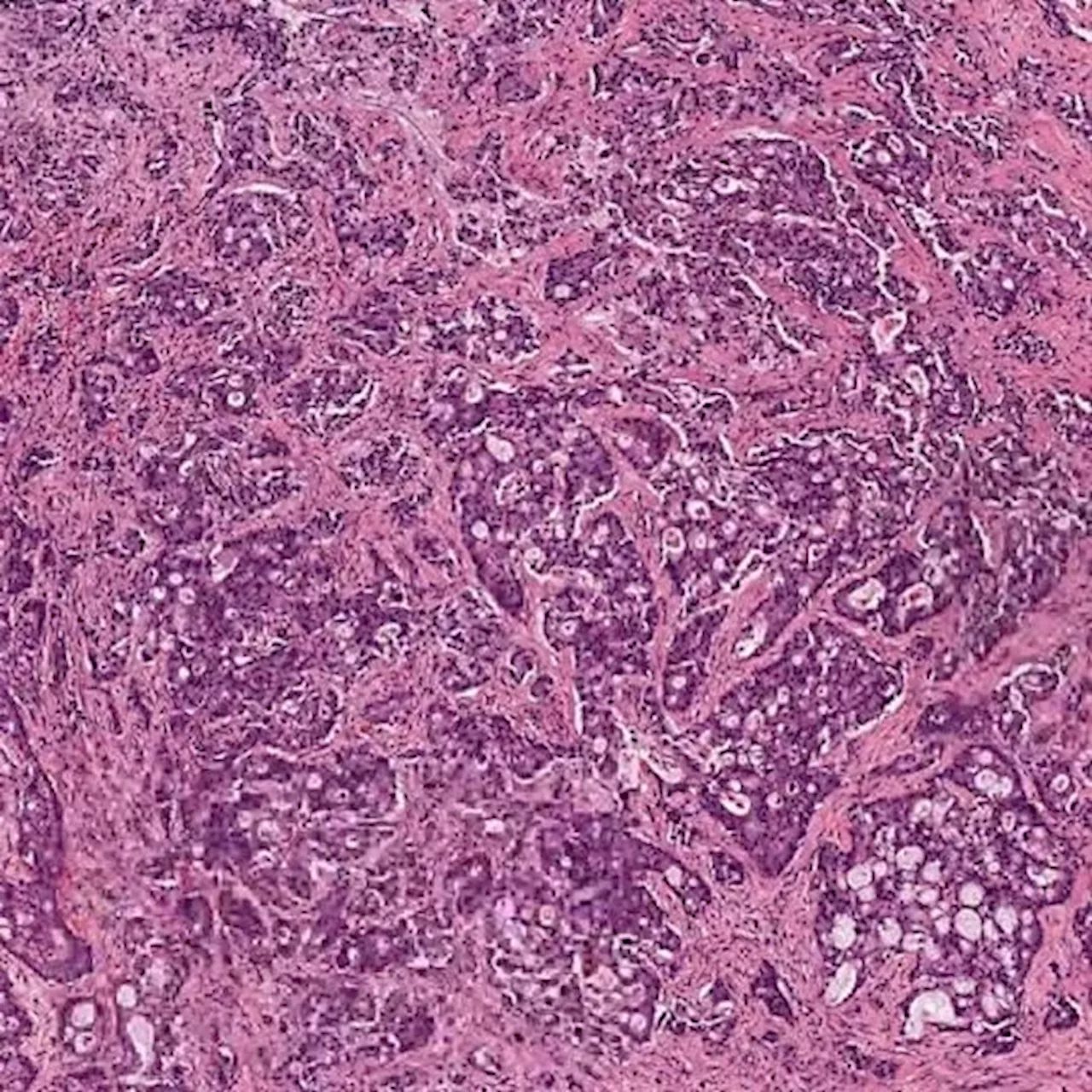Monitoring levels of DNA shed by tumors and circulating in the bloodstream could help doctors accurately assess how gastroesophageal cancers are responding to treatment, and potentially predict future prognosis, suggests a new study led by researchers at the Johns Hopkins Kimmel Cancer Center and its Bloomberg~Kimmel Institute for Cancer...
Mar 19 2024Johns Hopkins Medicine Monitoring levels of DNA shed by tumors and circulating in the bloodstream could help doctors accurately assess how gastroesophageal cancers are responding to treatment, and potentially predict future prognosis, suggests a new study led by researchers at the Johns Hopkins Kimmel Cancer Center and its Bloomberg~Kimmel Institute for Cancer Immunotherapy.
Anagnostou is also leader of Precision Oncology Analytics, co-leader of the Johns Hopkins Molecular Tumor Board and co-director of the Lung Cancer Precision Medicine Center of Excellence at Johns Hopkins. "We were gratified to see tumor shrinkage at a molecular level together with the immune system flaring up and clearing the tumor," she says.
Immunotherapy has not yet been broadly effective for patients with gastroesophageal cancer. By testing new treatments in patients prior to surgery, we can make these powerful observations linking treatment-induced molecular changes with survival outcomes, thus accelerating the development of different immunotherapy approaches for our patients."
About 40% of those in the nivolumab arm and 21.4% in the combination arm had a pathological complete response, meaning there was no evidence of cancer at the time of surgery. Over half of patients in both arms had a major pathological response, meaning less than 10% of cancer cells were remaining at the time of surgery.
The study adds to a growing collection of evidence showing the value of molecular readouts like ctDNA to assess response to therapy and guide future treatment plans. For example, another recent study from Anagnostou's lab, along with a ctDNA-adaptive clinical trial led by Johns Hopkins investigators, showed that ctDNA clearance can predict the success of immunotherapy treatment in patients with advanced lung cancer.
United Kingdom Latest News, United Kingdom Headlines
Similar News:You can also read news stories similar to this one that we have collected from other news sources.
 Circulating tumor DNA levels predict outcomes for gastroesophageal cancer treated with immunotherapyMonitoring levels of DNA shed by tumors and circulating in the bloodstream could help doctors accurately assess how gastroesophageal cancers are responding to treatment, and potentially predict future prognosis, suggests a new study led by researchers at the Johns Hopkins Kimmel Cancer Center and its Bloomberg–Kimmel Institute for Cancer...
Circulating tumor DNA levels predict outcomes for gastroesophageal cancer treated with immunotherapyMonitoring levels of DNA shed by tumors and circulating in the bloodstream could help doctors accurately assess how gastroesophageal cancers are responding to treatment, and potentially predict future prognosis, suggests a new study led by researchers at the Johns Hopkins Kimmel Cancer Center and its Bloomberg–Kimmel Institute for Cancer...
Read more »
 DNA origami vaccine DoriVac paves way for personalized cancer immunotherapyTherapeutic cancer vaccines are a form of immunotherapy in the making that could not only destroy cancer cells in patients, but keep a cancer from coming back and spreading.
DNA origami vaccine DoriVac paves way for personalized cancer immunotherapyTherapeutic cancer vaccines are a form of immunotherapy in the making that could not only destroy cancer cells in patients, but keep a cancer from coming back and spreading.
Read more »
 Co Tyrone granddad backs Cancer Research UK campaign after lung cancer diagnosisA Co Tyrone granddad, has backed a major campaign by Cancer Research UK after he was diagnosed with lung cancer. The experience of Lindsay McKinney, 67, from Dungannon, is at the heart of Cancer Research UK’s Spot Cancer Early campaign. He says he will be eternally grateful to his wife Una who urged him to contact his GP because of a persistent cough and breathlessness which didn’t go away.
Co Tyrone granddad backs Cancer Research UK campaign after lung cancer diagnosisA Co Tyrone granddad, has backed a major campaign by Cancer Research UK after he was diagnosed with lung cancer. The experience of Lindsay McKinney, 67, from Dungannon, is at the heart of Cancer Research UK’s Spot Cancer Early campaign. He says he will be eternally grateful to his wife Una who urged him to contact his GP because of a persistent cough and breathlessness which didn’t go away.
Read more »
 Breast Cancer Now funds researchers to investigate targeted radiotherapy for metastatic breast cancer in the brainResearchers are trialing a new type of targeted radiotherapy to treat secondary breast cancer tumors in the brain, thanks to new funding from Breast Cancer Now.
Breast Cancer Now funds researchers to investigate targeted radiotherapy for metastatic breast cancer in the brainResearchers are trialing a new type of targeted radiotherapy to treat secondary breast cancer tumors in the brain, thanks to new funding from Breast Cancer Now.
Read more »
 Lung cancer tissue specimens for accelerating cancer researchBioIVT offers immediate shipment of FFPE and Fresh Frozen lung cancer tissue specimens for cancer research and custom research protocols.
Lung cancer tissue specimens for accelerating cancer researchBioIVT offers immediate shipment of FFPE and Fresh Frozen lung cancer tissue specimens for cancer research and custom research protocols.
Read more »
